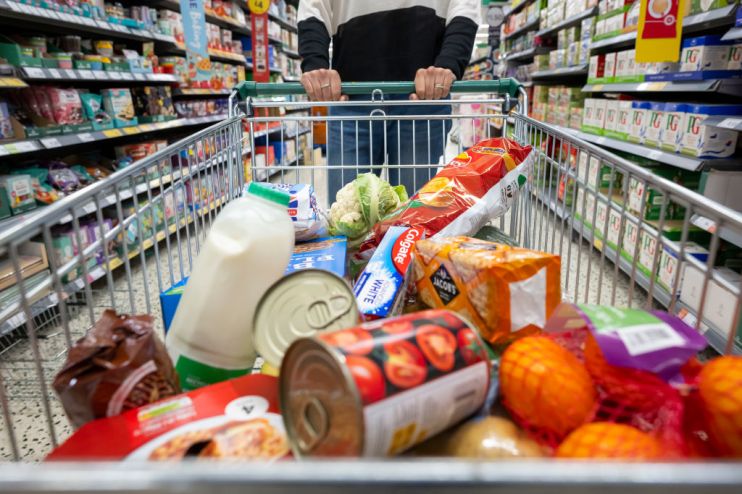Pressure on supermarkets to lower prices sends food inflation to new low

Supermarkets slashing the prices of kitchen staples such as bread, milk and cheese has helped ease food inflation in a welcome boost for shoppers.
Food inflation fell to 14.6 per cent in June, down from 15.4 per cent in May, according to figures from the British Retail Consortium (BRC). The decline marks the second consecutive monthly fall.
As supply issues eased, fresh food inflation also slowed in June at 15.7 per cent, down from 17.2 per cent in May. This is below the three-month average rate of 16.8 per cent.
Separate figures from the ONS also show that the cost of basic food items have been on a slow but steady decline over the past three months, with price inflation on goods such as milk, cheese and eggs falling slightly from 29.7 per cent in March to 27.4 per cent in May.
“Food inflation slowed for the second consecutive month, particularly for fresh products, as retailers cut the price of many staples including milk, cheese and eggs,” Helen Dickinson, chief executive of the BRC said.
“Clothing and electrical goods also saw falling prices, helping customers to pick up a bargain ahead of the summer holidays.”
“If the current situation continues, food inflation should drop to single digits later this year. However, it is imperative that government does not hamper this progress by introducing costly new policies,” Dickinson added.
‘Big Four’ grocery stores have had increasing pressure placed on them to keep prices as low as possible for consumers, with all major supermarkets having introduced major price cuts on products .
On Monday, Sainsbury’s unveiled £15m of price cuts across essentials such as rice and pasta. It also pledged to continue slashing prices on essential products throughout the summer.
The move comes ahead of Chancellor Jeremy’s Hunt meeting with the competition watchdog, the Competition and Markets Authority, on Wednesday to examine whether or not supermarkets have exploited inflation by raising prices.
Mike Watkins, head of retailer and business insight at NielsenIQ, said: “Whilst prices are still higher than a year ago, the slowdown in food inflation is welcome news for shoppers, helped by supermarkets lowering the prices of some staple goods. And if global supply chain costs continue to fall, we may now be past the peak of price increases.
“However, with most households needing to save money, purchasing behaviour for the rest of this year is still likely to shift towards essential needs with discretionary consumption being deprioritised or delayed.”